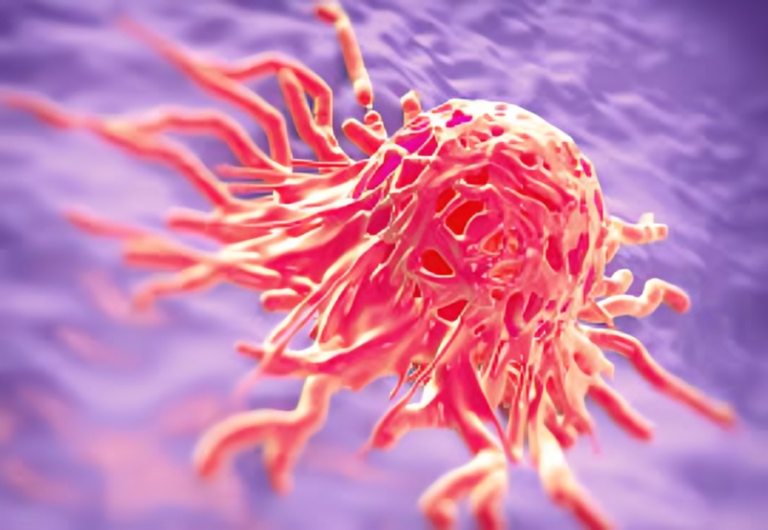Advancements in Cancer Vaccination: A Promising Frontier in Cancer Prevention and Treatment.
Cancer vaccination represents a groundbreaking approach in the fight against cancer, offering hope for both prevention and treatment. While traditional cancer treatments such as surgery, chemotherapy, and radiation therapy remain essential, vaccination strategies harness the power of the immune system to target cancer cells specifically. In this article, we explore the principles, advancements, and potential impact of cancer vaccination in revolutionizing cancer care.
To Know More About It Please Click Here
Understanding Cancer Vaccination:
Cancer vaccination involves the administration of vaccines designed to stimulate the immune system’s response against cancer cells. Unlike traditional vaccines that prevent infectious diseases by priming the immune system to recognize and eliminate pathogens, cancer vaccines aim to train the immune system to recognize and attack cancerous cells while sparing healthy tissues.
Types of Cancer Vaccines:
There are several types of cancer vaccines currently in development or clinical use, including:
- Preventive Vaccines: These vaccines are administered to healthy individuals to prevent the development of specific cancers associated with viral infections, such as human papillomavirus (HPV) vaccines for cervical, anal, and oropharyngeal cancers.
- Therapeutic Vaccines: Therapeutic cancer vaccines are designed to treat existing cancers by stimulating the immune system to target and destroy cancer cells. These vaccines may contain tumor-specific antigens, immune-stimulating agents, or genetically modified cells to enhance immune responses against cancer.
- Personalized Vaccines: Personalized cancer vaccines, also known as neoantigen vaccines, are tailored to each patient’s unique tumor profile. These vaccines are created by identifying tumor-specific antigens (neoantigens) present on the surface of cancer cells and formulating a vaccine that targets these specific antigens.
Advancements in Cancer Vaccination:
Recent advancements in cancer vaccination have propelled the field forward, offering new hope for cancer patients:
- mRNA Vaccines: mRNA (messenger RNA) vaccines have gained prominence following their success in COVID-19 vaccination. In the context of cancer, mRNA vaccines can be designed to encode tumor-specific antigens, enabling the immune system to recognize and mount responses against cancer cells.
- Immune Checkpoint Inhibitors: Immune checkpoint inhibitors, such as PD-1 and CTLA-4 inhibitors, have revolutionized cancer treatment by unleashing the immune system’s ability to attack cancer cells. When combined with cancer vaccines, checkpoint inhibitors can enhance the effectiveness of vaccine-induced immune responses.
- Oncolytic Viruses: Oncolytic viruses are engineered viruses that selectively infect and kill cancer cells while sparing healthy tissues. These viruses can be used as vectors to deliver cancer vaccines directly to tumors, stimulating localized immune responses and triggering tumor regression.
Potential Impact of Cancer Vaccination:
Cancer vaccination holds immense potential to transform cancer care in the following ways:
- Prevention: Preventive vaccines targeting viral-associated cancers, such as HPV vaccines for cervical cancer, have the potential to reduce cancer incidence and mortality on a global scale.
- Treatment: Therapeutic cancer vaccines offer a promising approach for treating a wide range of cancers, particularly in combination with other immunotherapies or standard treatments.
- Personalized Medicine: Personalized cancer vaccines hold the promise of tailored treatments based on individual tumor profiles, potentially improving treatment outcomes and reducing side effects.
To Know More About It Please Click Here
Conclusion:
Cancer vaccination represents a paradigm shift in cancer prevention and treatment, offering personalized and targeted approaches to combat this complex disease. With ongoing research and development, cancer vaccines have the potential to improve patient outcomes, prolong survival, and ultimately reduce the burden of cancer worldwide. As the field continues to evolve, collaboration among researchers, clinicians, and pharmaceutical companies will be crucial in realizing the full potential of cancer vaccination in the fight against cancer.








